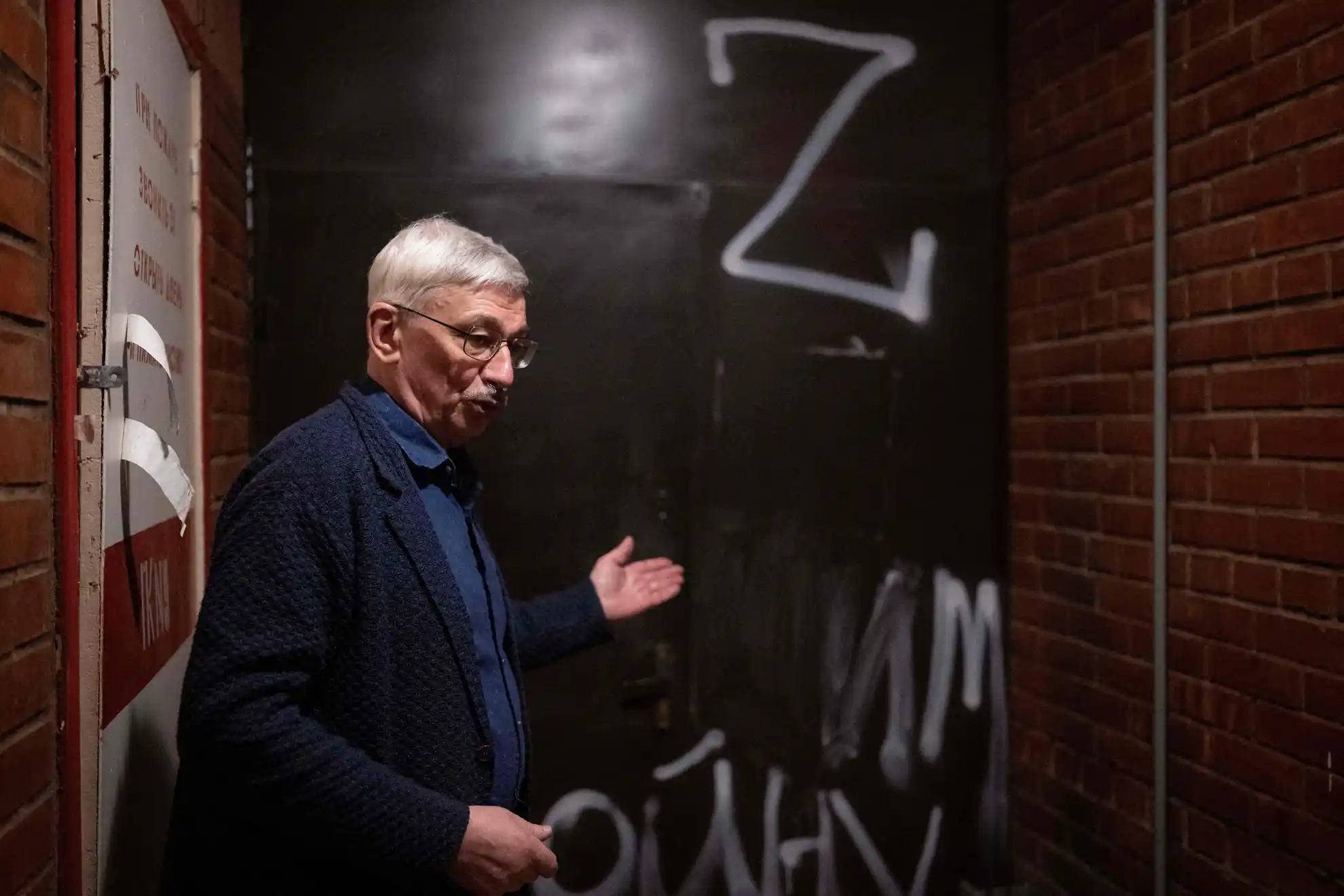Throughout 2024, the political regime in Russia systematically intensified domestic repression, effectively transforming it into a core instrument of applied policy.
The Stigmatization of “Foreign Agents”
One of the regime’s primary tools of repression has been the stigmatization associated with the “foreign agent” status. This designation, assigned through a non-transparent extrajudicial process, almost invariably leads to severe consequences such as criminal charges and restrictions on employment and property rights. The label has become a powerful mechanism for silencing dissent and restricting freedoms.
Proliferation of Criminal Cases
The year witnessed a surge in cases tied to accusations of “disinformation about the Russian Armed Forces,” “justification of terrorism,” “extremist activity,” and “treason.” These charges were often leveraged against individuals and organizations that dared to challenge or criticize state narratives.
Simultaneously, cases involving corruption and economic crimes soared across various levels of governance and enterprise. Federal agency officials, regional administrators, and employees of state corporations found themselves under scrutiny. By the year’s end, no regional head remained untouched, with subordinates in every region facing criminal investigations. This crackdown was spurred by the authorities’ decision to abandon immunity privileges previously granted to officials and business figures actively supporting the “special military operation” (SMO).
Simplification of the Judicial System
The Russian judicial system underwent significant changes in 2024, becoming increasingly simplified and aligned with administrative expediency. Standardized sentencing replaced nuanced judicial deliberation, further transforming Russian justice into a “branch of state administration.”
Political scientist Vladimir Pastukhov observed that Russian judges have been stripped of their autonomy, functioning as technical figures tasked with legitimizing administratively predetermined outcomes. Courts have shifted their focus to manipulating evidence, with real decision-making concentrated in what Pastukhov terms “cloud justice”—an opaque system influenced by the Supreme Court, the Presidential Administration, and the FSB.
Expansion of Law Enforcement Power
Law enforcement agencies significantly broadened their “license for violence” in 2024. Arrests have become not only more frequent but also excessively brutal, with the apparent aim of psychologically breaking citizens. At the same time, the state has granted de facto immunity to individuals who sign contracts to participate in the SMO. This immunity extends to serious crimes against civilians, further undermining the country’s legal system and eroding the rule of law.
The developments of 2024 reveal a political regime increasingly reliant on repression as a tool of governance. From the stigmatization of “foreign agents” to the degradation of judicial independence and the normalization of law enforcement violence, the year marked a profound erosion of legal and democratic norms in Russia. This trajectory, unless reversed, portends further consolidation of authoritarian rule and suppression of dissent in the years to come.


















